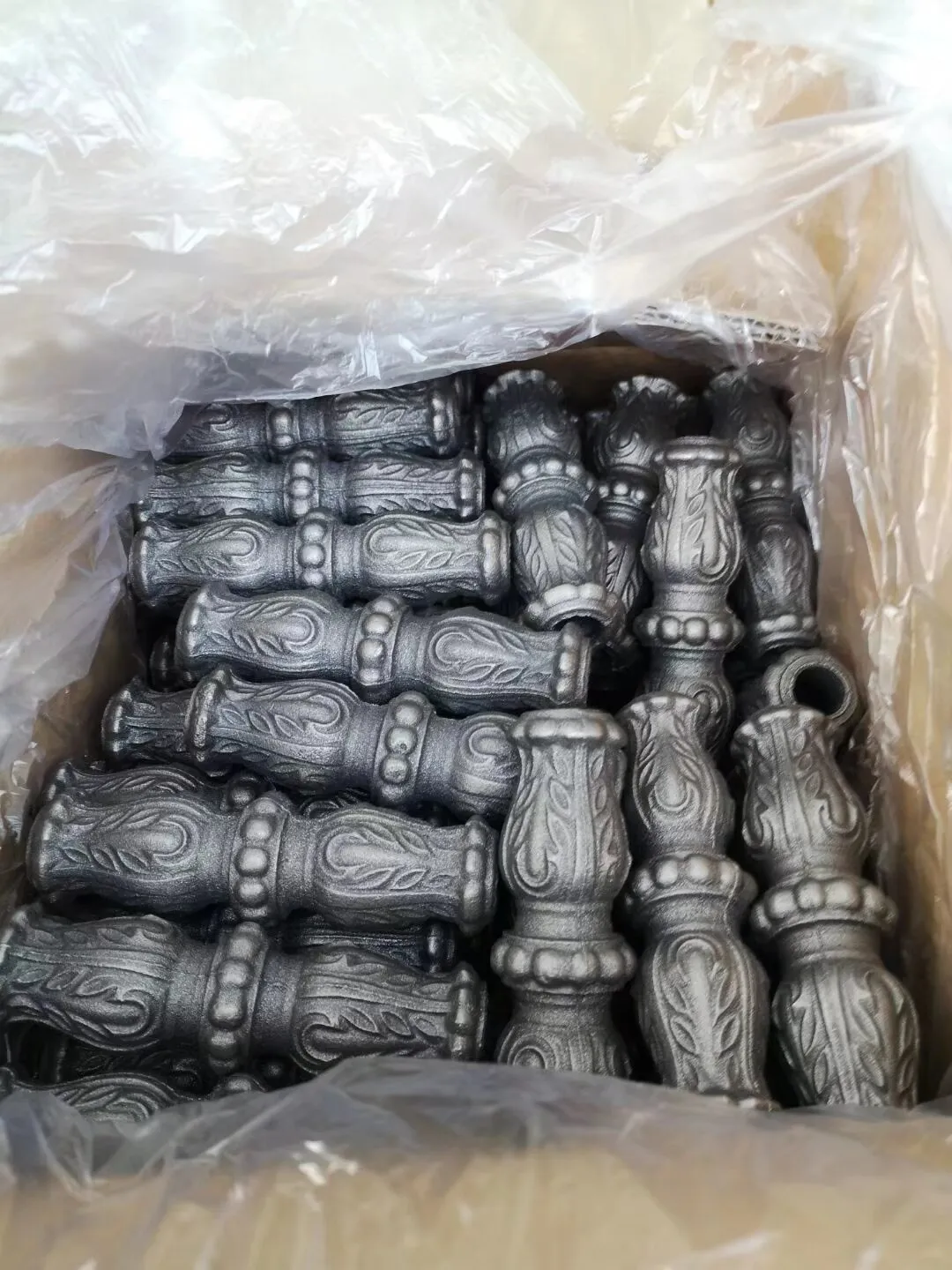iron gate parts
Understanding Iron Gate Parts A Comprehensive Guide
Iron gates are not just functional structures; they are a blend of aesthetics and security that can elevate the exterior of any property. Whether you're considering installing a new iron gate or maintaining an existing one, understanding its components is essential. This article will delve into the different parts of an iron gate, their functions, and how they contribute to the overall effectiveness of the gate.
1. Gate Frame
The gate frame is the backbone of any iron gate. Typically made from sturdy steel or wrought iron, it provides structural integrity and supports the other components. A well-constructed frame ensures that the gate remains stable, can withstand environmental pressures, and maintains its shape over time. The thickness and quality of the material used for the frame are crucial, especially in regions prone to harsh weather conditions.
2. Panels
Gate panels are the most visible parts of an iron gate and can come in various designs and styles. These panels add to the gate's aesthetic appeal and can be flat, decorative, or even ornate. The choice of panel design can reflect personal style or architectural themes while adding a layer of privacy or security. Panel construction can involve intricate designs that showcase craftsmanship or simpler designs that offer a contemporary look.
3. Hinges
Hinges are vital for the functionality of an iron gate. They allow the gate to swing open and closed with ease. There are several types of hinges, including butt hinges, strap hinges, and concealed hinges. The selection of hinges should be based on the gate's weight and design. High-quality hinges will ensure smooth operation and longevity, minimizing maintenance needs over time.
iron gate parts

4. Latch and Lock Mechanism
Security is a paramount concern when it comes to gates, which is why the latch and lock mechanism is critical. There are many options available, ranging from simple slide latches to complex electronic locks. The choice largely depends on the desired level of security and accessibility. High-security gates often feature reinforced locks, while more decorative gates may utilize standard locking mechanisms.
5. Posts
Gate posts are the anchors that hold the gate in place. These vertical structures support the weight of the gate and are essential for its stability. Posts must be heavily constructed and firmly anchored into the ground to withstand the force exerted by wind and daily use. Material compatibility with the gate frame is also vital; using matching iron or steel ensures a cohesive look.
6. Accessories
Lastly, iron gates can be customized with various accessories, such as ornamental finials, scrolls, or decorative motifs. These accessories enhance the visual appeal of the gate, allowing homeowners to personalize their property. Additionally, touch points like handles and knobs should be selected for both functionality and style, as they can significantly impact the overall look and ease of use.
In conclusion, understanding the various parts of iron gates enhances our appreciation for their construction and functionality. From the robust frame to the detailed accessories, each component plays a role in creating a gate that is not only secure but also an attractive addition to any home or property. Whether for residential or commercial use, knowing about these parts can help make informed choices for installation or maintenance.
-
Wrought Iron Components: Timeless Elegance and Structural StrengthNewsJul.28,2025
-
Window Hardware Essentials: Rollers, Handles, and Locking SolutionsNewsJul.28,2025
-
Small Agricultural Processing Machines: Corn Threshers, Cassava Chippers, Grain Peelers & Chaff CuttersNewsJul.28,2025
-
Sliding Rollers: Smooth, Silent, and Built to LastNewsJul.28,2025
-
Cast Iron Stoves: Timeless Heating with Modern EfficiencyNewsJul.28,2025
-
Cast Iron Pipe and Fitting: Durable, Fire-Resistant Solutions for Plumbing and DrainageNewsJul.28,2025
-
 Wrought Iron Components: Timeless Elegance and Structural StrengthJul-28-2025Wrought Iron Components: Timeless Elegance and Structural Strength
Wrought Iron Components: Timeless Elegance and Structural StrengthJul-28-2025Wrought Iron Components: Timeless Elegance and Structural Strength -
 Window Hardware Essentials: Rollers, Handles, and Locking SolutionsJul-28-2025Window Hardware Essentials: Rollers, Handles, and Locking Solutions
Window Hardware Essentials: Rollers, Handles, and Locking SolutionsJul-28-2025Window Hardware Essentials: Rollers, Handles, and Locking Solutions -
 Small Agricultural Processing Machines: Corn Threshers, Cassava Chippers, Grain Peelers & Chaff CuttersJul-28-2025Small Agricultural Processing Machines: Corn Threshers, Cassava Chippers, Grain Peelers & Chaff Cutters
Small Agricultural Processing Machines: Corn Threshers, Cassava Chippers, Grain Peelers & Chaff CuttersJul-28-2025Small Agricultural Processing Machines: Corn Threshers, Cassava Chippers, Grain Peelers & Chaff Cutters












